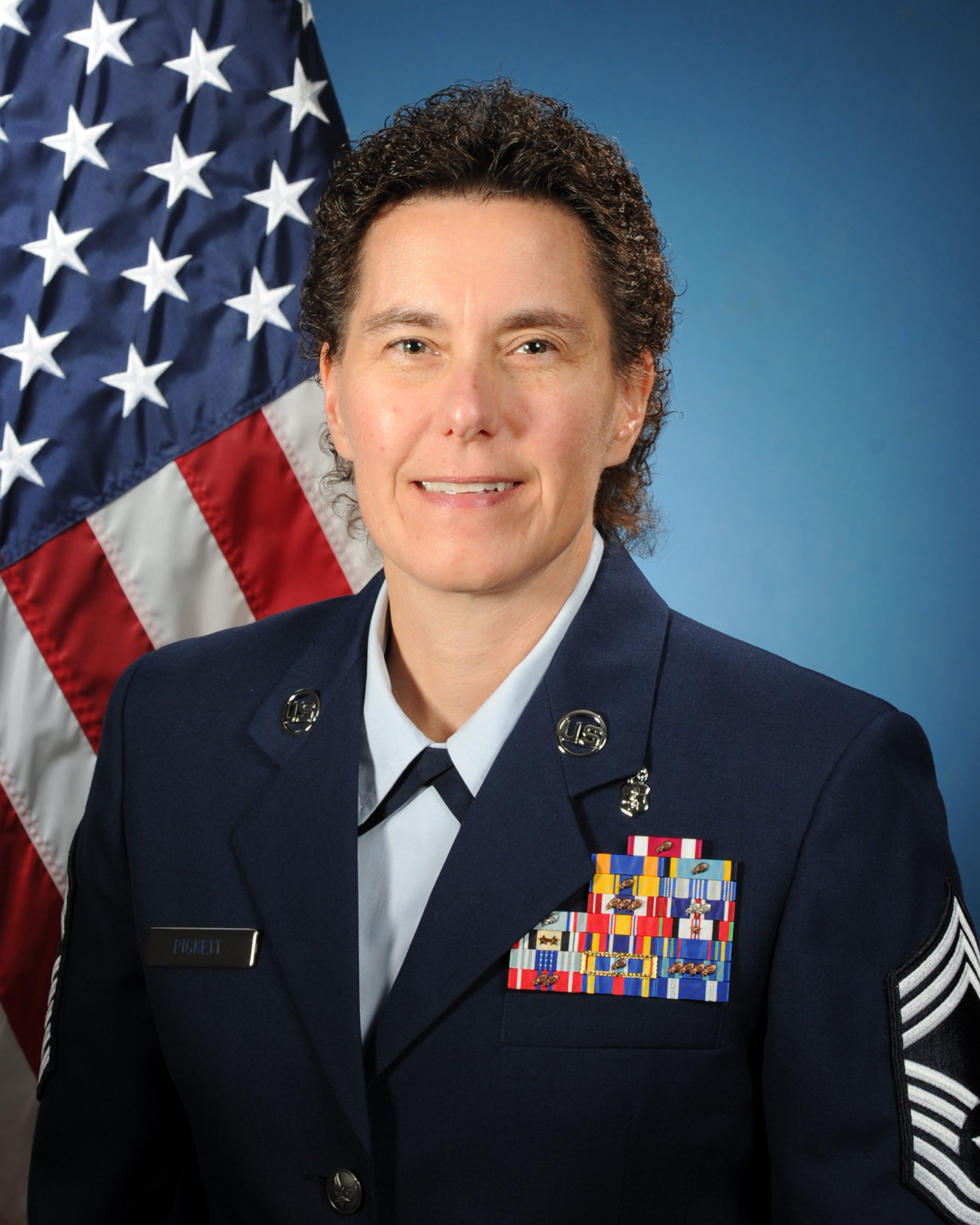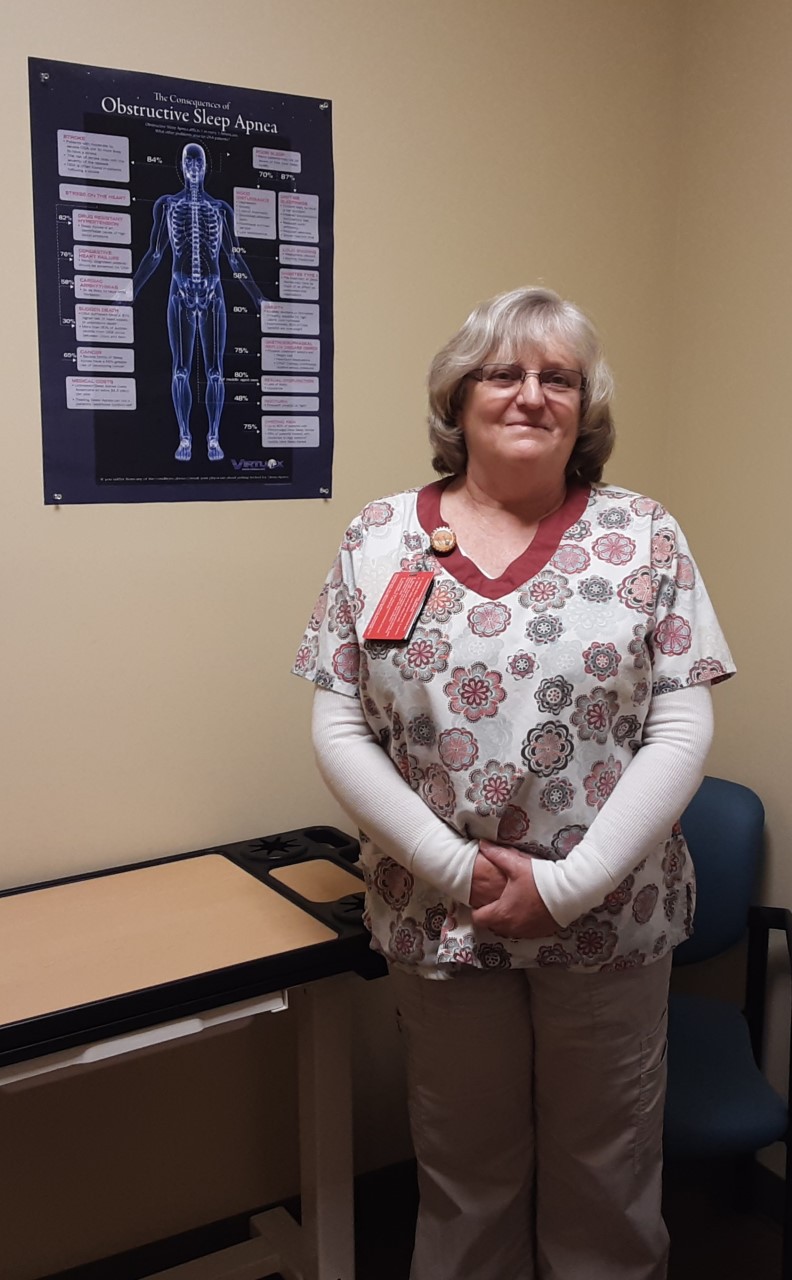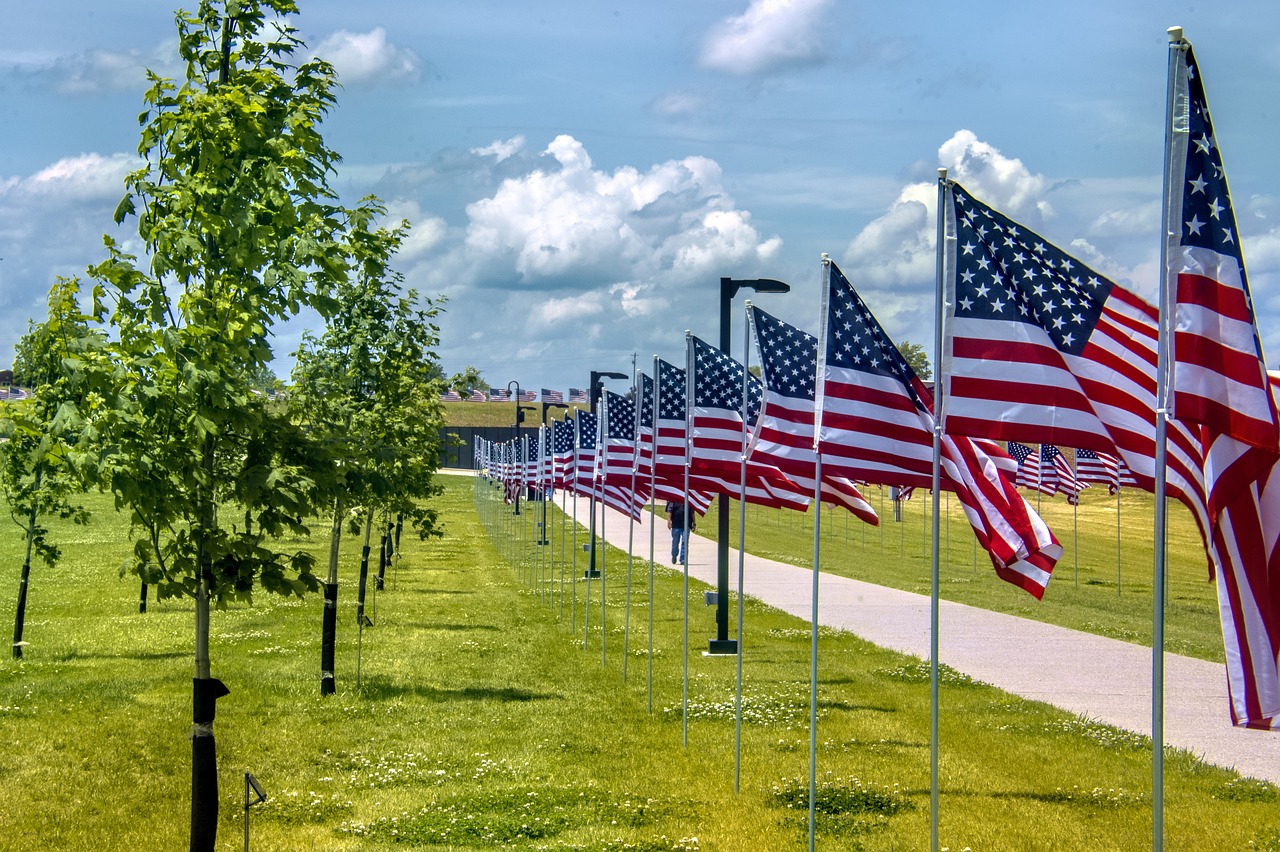Enable cookies to see embeded content.
Veteran’s Day 2020 Presentation Video
Thank You
We want to take the time to say thank you to our members and all veterans who have served in the United States Military. Your sacrifice and courage are commendable. Veterans Day is an opportune time to feel grateful for the many liberties in our nation and thank those who have fought to protect it. Take the time to celebrate and thank the veterans in your life.
AARC members who are serving in the Armed Forces today and those who have served in the past are in our thoughts this week as the nation celebrates Veterans Day on November 11. So too are the many AARC members who have devoted their careers to caring for the nation’s veterans at VA hospitals across the country.
We asked three AARC members to tell us why they do what they do for our country and our nation’s veterans. Here are their stories.
25 years and counting
Chief Master Sergeant Lisa M. Pickett, RRT, RRT-NPS, CPFT, AE-C, decided to join the U.S. Air Force after graduating with a bachelor’s degree in physical education and recreation more than two decades ago.

“My young thought process was that if I could do four years of college, I could do four years in the military,” she said. “Here I am 25 years later, leading one of the Air Force’s most critical specialties.”
Back then, that specialty was known as “cardiopulmonary laboratory” but today the career field goes by the name “respiratory care practitioner” to more closely align the job Air Force clinicians perform with that performed in the civilian sector. CMSgt Pickett is now the respiratory care practitioner career field manager, charged with overseeing development, training, and education for more than 487 USAF respiratory care practitioners.
“In this capacity, I also serve as the military consultant to the Air Force Surgeon General on all matters pertaining to the implementation and sustainment of formal training, career development, readiness, and career progression,” she said. “My role is to coordinate and collaborate with all Air Force Medical Services Career Field Mangers for patient safety reviews and events, medical incident investigations, Air Force instructions, and all other clinical quality functions impacting 75 military treatment facilities.”
CMSgt Picket says she’s stayed in the military all these years because she loves taking care of military members and their families, but her new role has taken her to a new level.
“Training and educating new therapists and watching them grow and develop into Air Force leaders definitely brings a sense of pride to why I still serve,” she said.
She has seen her fair share of deployments to danger zones as well. She traveled to Iraq as a member of an Expeditionary Medical Support Team (EMEDS) and to Afghanistan as an RT on a Critical Care Air Transport Team (CCATT). During the latter deployment her team flew more than 75 missions, bringing injured military members to Landstuhl, Germany for advanced medical care.
“I also had the opportunity to join a Defense Institute for Medical Operations mission to Trinidad and Tobago as a respiratory therapist Instructor,” she said. “Here we built resilient, comprehensive international partnerships between military and civilian agencies while evaluating and exercising the host nations’ disaster planning and emergency management.”
CMSgt Pickett says Air Force RTs are the “heartbeat” of the Air Force Medical Service, playing key roles on teams ranging from the CCTT and the EMEDS to Special Operations Surgical Teams.
“We are a valuable member of the entire health care team, educating patients and setting the example for developing a healthier lifestyle,” she said.
A passion for health care
Anthony Marelli, MBA, RRT, RRT-ACCS, RRT-NPS, served in the U.S. Army from 2010 to 2019, working in combat arms for about half of his service. He decided to pursue training as a military RT, though, out of a passion for health care and the desire to gain skills in an occupation that would take him into the civilian sector.
“Serving as a military RT was extremely fulfilling — providing routine and emergent care to service members, retirees, and their dependents not only provided a sense of purpose but also that I was still ‘in the fight’ by keeping our military force healthy,” said Marelli, who now works as a project manager with University of Utah Health in Salt Lake City.
He spent most of his time as a military therapist working at Tripler Army Medical Center on the island of Oahu in Hawaii. Having both the NPS and ACCS specialty credentials meant he could focus on providing care in the adult ICU areas as well as the NICU and PICU.
“I also assisted in the development and implementation of a preceptorship program for RTs into the critical care units,” he said.
Marelli wants his fellow therapists to know that working as an RT in the armed forces can be a challenge because military clinicians still have regular military duties that they must complete in addition to their work in the hospital.
“However, the ability to deploy to and work in field environments is something you are unlikely to come across in the civilian sector,” he said. ”You might treat patients in the field coming in from combat operations, or you might provide much needed care to desperate individuals on humanitarian missions — think USNS Mercy, etc.”
For him, it was all about making sure members of the military have the first class care they need and deserve.
“The most fulfilling aspect of being a military RT is providing care to our nation’s service members, veterans, retirees, and their families,” he said.
Ensuring quality care for vets
Patricia Ward, RRT, RRT-SDS, RRT-ACCS, has never served in the Armed Forces herself, but she still believes she has served. Both of her brothers, one of her sisters, and her husband have all been in the military, as has her son, who was deployed to Iraq. Her grandfathers both served during World War II as well, and two uncles and one of her brothers were in Vietnam.
“The mothers, wives, and family members of veterans have all served when someone you love is part of protecting this great country,” she said.
She has taken that philosophy to heart in her professional life as well. For the past 15 years, she has worked as an RT at the Raymond G. Murphy VA Hospital in Albuquerque, NM. For the first ten years she worked on the inpatient side, but about five years ago she transitioned into the facility’s sleep medicine department.
“I am responsible for doing home sleep testing,” Ward said. “In the last five years, we have been able to grow this program from four testing machines to 30 testing machines and expand service to our veterans who live in New Mexico’s rural communities.”
Ward says she spends most of her time testing veterans for obstructive sleep apnea, but she emphasizes her department can handle anything from physician appointments and polysomnography to actigraphy, PAP therapy setups and supplies, and the downloading of follow ups as well.
“Being able to provide everything from testing to treatment allows our sleep center to serve veterans with ‘one stop’ for all their care,” she said.
In the years she has worked for the VA, Ward says she has seen remarkable changes in the structure and focus of the care provided to the nation’s military heroes and believes those changes have had a positive aspect on all areas of operation, from information technology to staff accountability.
“The VA Healthcare System has been able to mobilize care for veterans in all areas of this nation,” she said. That includes responding to hurricane disasters, flood areas, fire zones, and even COVID-19 hotspots. “This is not the exception — it is now the focus and expectation for taking care of veterans within the VA Healthcare System,” says Ward. “Our staff is the best I have ever worked with in my 38 years in medical care.”
Many ways to serve our veterans
These stories — one from an active-duty military member, one from a recently retired military member, and one from an AARC member who has seen many family members go into battle and herself is serving the nation’s vets through her work with the VA Healthcare System — make us all proud of the many ways members of our Association are serving our nation’s military members and veterans of service.
Email newsroom@aarc.org with questions or comments, we’d love to hear from you.














